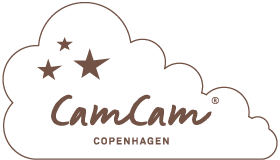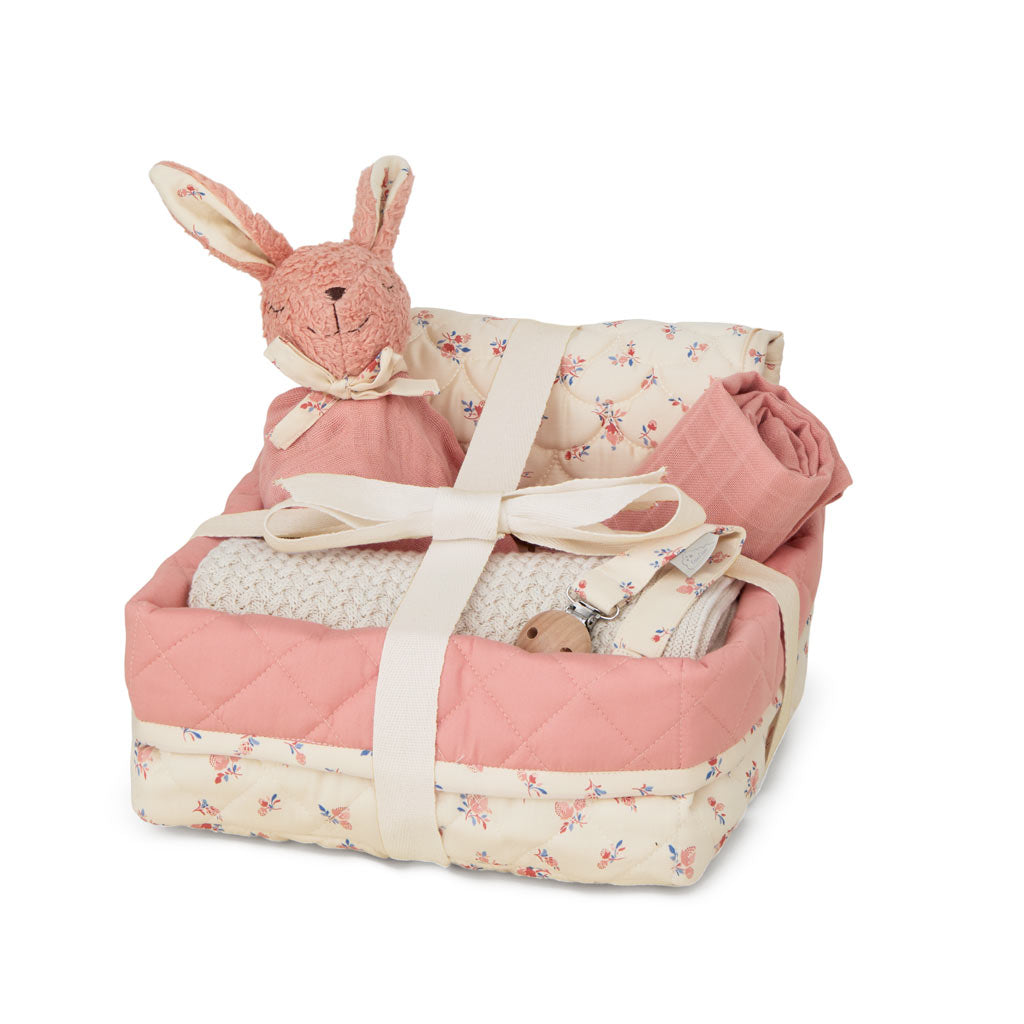Article: Organic Cotton
Organic Cotton
Organic cotton is at the heart of Cam Cam Copenhagen.
It has been so, ever since Sara Camre founded the company in 2012 from a desire to offer beautifully designed eco-friendly nursery items to families all over.
It has been so, ever since Sara Camre founded the company in 2012 from a desire to offer beautifully designed eco-friendly nursery items to families all over.
Discover the video where Founder and Creative Director Sara Camre shares the story of Cam Cam Copenhagen and her dedication to uniting Scandinavian simplicity with organic materials in sustainably designed children’s interior.
From a vision to take responsibility for the environment and our future generations, Cam Cam Copenhagen uses 100% organic and GOTS-certified cotton as a primary resource. GOTS is globally recognised as the strictest standard for organic textiles ensuring an environmentally and socially responsible production with the use of organic and harm-free materials.
Organic cotton is one of the only natural resources for textile production which can be completely organic. Compared to conventional cotton, organic cotton holds manifold benefits. No toxic chemicals such as fertilizers, pesticides and GMOs are used in the growing of organic cotton. Organic cotton protects the soil, has less impact on the air, and uses up to 88% less water and 62% less energy than conventional cotton.
As one of the few brands in the industry, Cam Cam Copenhagen is a GOTS-certified company working only with GOTS-certified textile manufacturers. GOTS (Global Organic Textile Standard) is recognised as the strictest standard for organic textiles requiring high-level environmental and social criteria along the entire supply chain.
This is your guarantee that our products are responsibly manufactured from organic materials, containing no pesticides or other chemicals which might harm the environment, and your family’s health. This is particularly important for babies and small children who spend most hours of the day closely surrounded by textiles.
Thus, when you choose organic and GOTS-certified cotton, you invest in your family’s wellbeing as well as in water conservation, cleaner air, better soil, and improved farmer livelihoods.
In short, the future of the planet and all our children.




